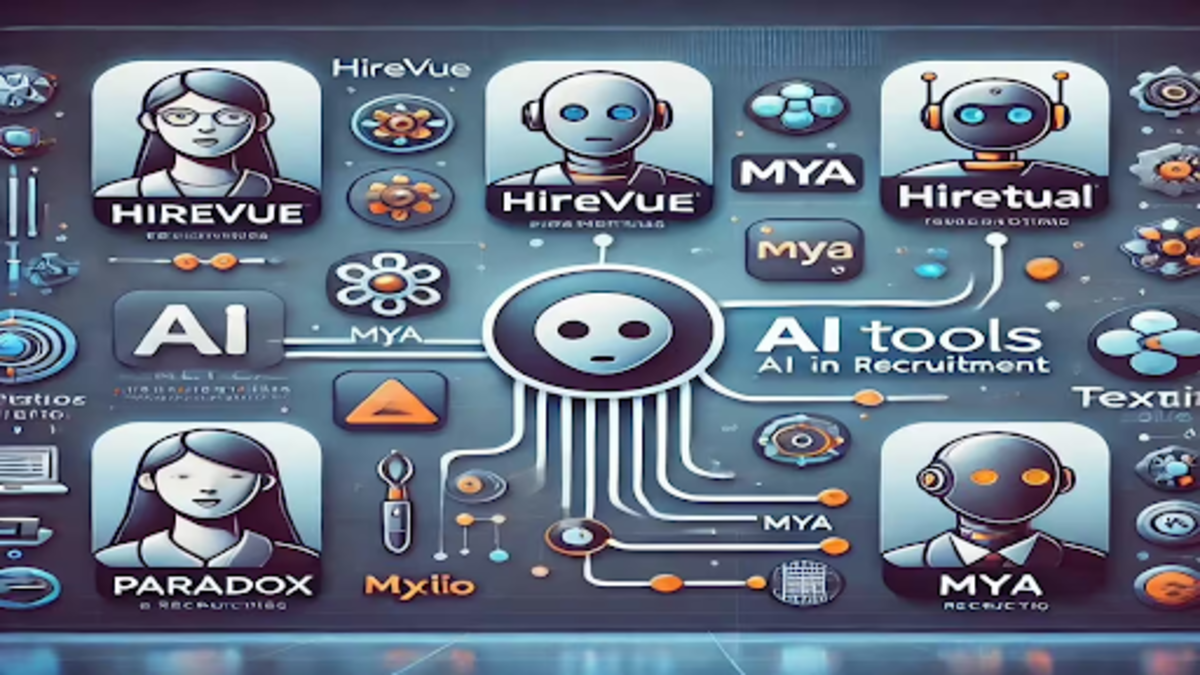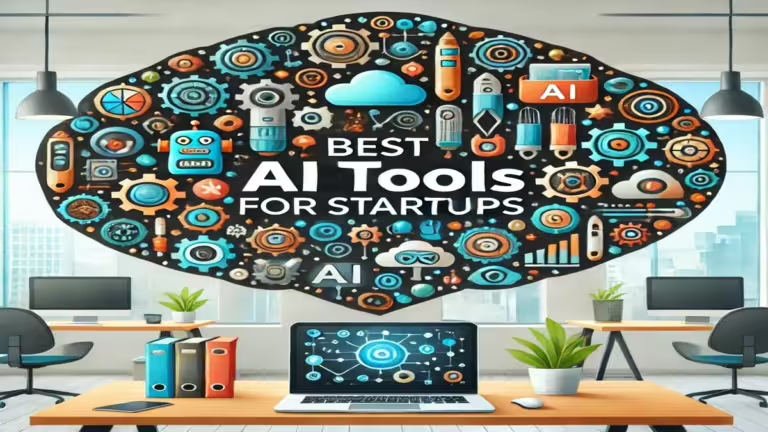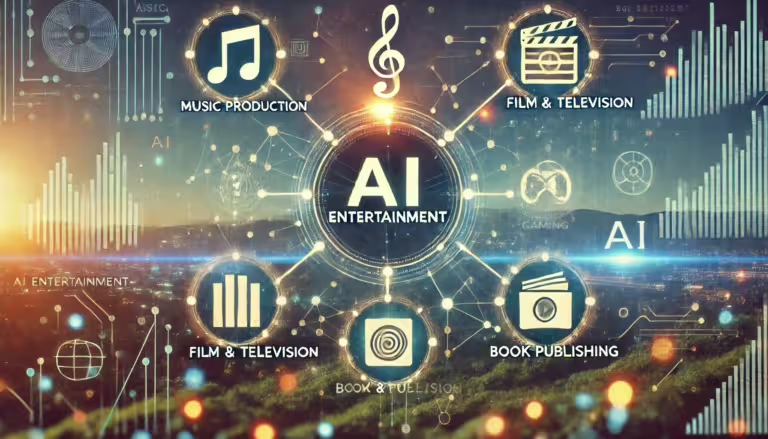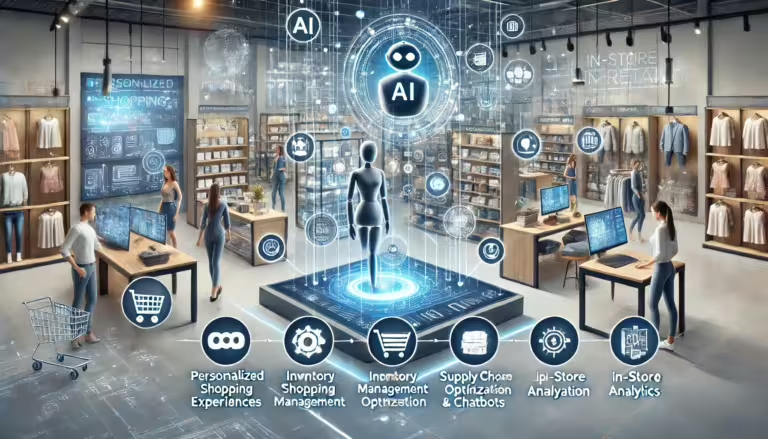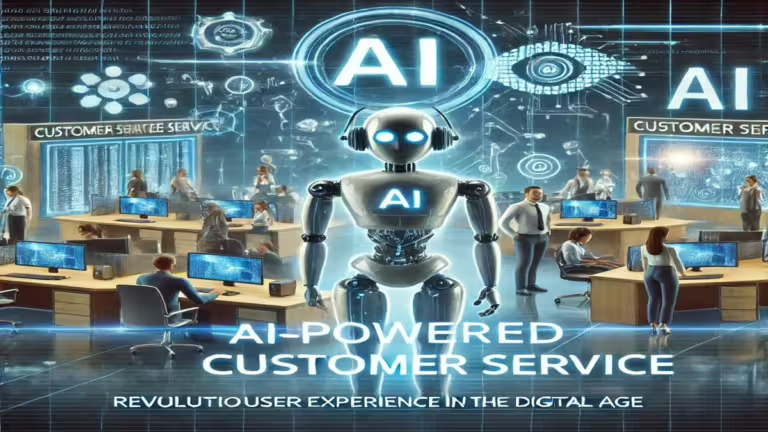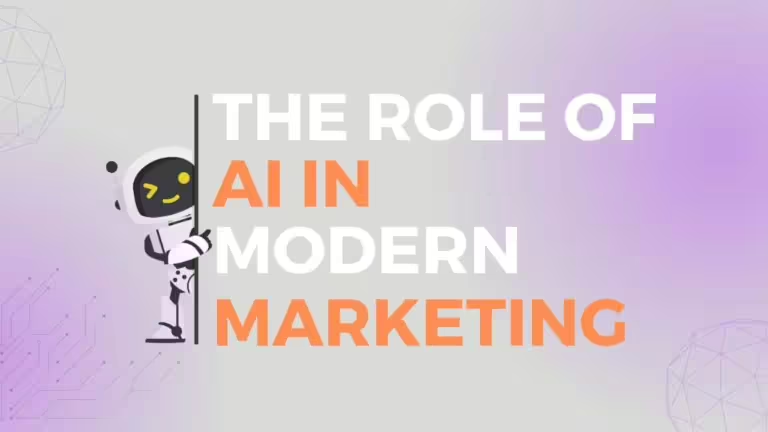AI technology is making significant strides in streamlining the recruitment process. From automating mundane tasks to improving candidate matching, AI recruiting tools are transforming how companies attract and hire talent. This blog will delve into seven of the best AI tools for recruitment, highlighting their features, pros, and cons. Whether you’re an HR professional or a hiring manager, these tools can help you find the right candidates more efficiently.
1. HireVue
HireVue is a pioneer in the AI recruitment space, known for its video interviewing platform that incorporates AI to assess candidates’ suitability. The tool uses machine learning algorithms to analyze candidates’ speech patterns, tone, and facial expressions during interviews. Learn More: www.hirevue.com
Overview:
- AI-powered video interviews to streamline the initial screening process.
- Provides insights into candidates’ soft skills and cultural fit.
- Reduces time-to-hire by automating interview scheduling and evaluation.
Pros:
- Saves time on initial candidate screening.
- Provides objective assessments.
- Enhances candidate engagement with a user-friendly interface.
Cons:
- Potential for bias in AI assessments.
- Requires good internet connectivity for optimal performance.
2. Pymetrics
Pymetrics uses neuroscience-based games and AI to match candidates with job roles. The tool evaluates candidates’ cognitive and emotional traits through a series of games, ensuring a fit with the company’s culture and job requirements. Learn More: www.pymetrics.ai
Overview:
- Neuroscience-based assessments to gauge candidates’ abilities and personalities.
- AI-driven matching to align candidates with suitable job roles.
- Reduces bias in the hiring process through objective evaluations.
Pros:
- Promotes diversity by focusing on candidates’ strengths.
- Enhances employee retention with better role fit.
- Engaging and gamified assessment process.
Cons:
- May not cover all job-specific skills.
- Some candidates may find the game-based approach to be more varied.
3. Hiretual
Hiretual is an AI-powered sourcing tool that helps recruiters find and engage with passive candidates. The tool scours the internet to create comprehensive candidate profiles and suggests potential matches based on job requirements. Learn More: www.hireez.com
Overview:
- AI-driven sourcing to identify passive candidates.
- Aggregates candidate information from various sources.
- Provides insights into candidates’ skills, experience, and availability.
Pros:
- Expand the talent pool by identifying passive candidates.
- Streamlines sourcing with automated candidate matching.
- Integrates with various ATS and CRM systems.
Cons:
- Requires a learning curve to navigate all features.
- Can be overwhelming with too much data.
4. Paradox (Olivia)
Paradox, also known as Olivia, is an AI recruiting assistant who focuses on automating repetitive tasks such as scheduling interviews, answering FAQs, and sending reminders. Learn More: www.paradox.ai
Overview:
- AI assistant for automating administrative tasks.
- Provides 24/7 candidate support.
- Integrates with popular ATS platforms.
Pros:
- Frees up recruiters’ time for strategic tasks.
- Improves candidate experience with timely communication.
- Easy to integrate with existing systems.
Cons:
- Limited personalization in interactions.
- Requires proper setup and configuration.
5. Textio
Textio is an AI writing assistant that helps recruiters create more inclusive and effective job descriptions. The tool analyzes job postings and suggests improvements to attract a diverse candidate pool. Learn More: www.textio.com
Overview:
- AI-driven writing assistant for job descriptions.
- Enhances inclusivity and appeal of job postings.
- Provides real-time feedback and suggestions.
Pros:
- Promotes diversity with unbiased language suggestions.
- Increases job application rates.
- Easy-to-use interface for quick edits.
Cons:
- It may require multiple iterations to perfect job descriptions.
- Limited to text-based improvements.
6. Recruitee
Recruitee is an all-in-one recruitment platform that leverages AI to streamline the hiring process. From job posting to candidate tracking, Recruitee offers tools to optimize every stage of recruitment. Learn More: www.recruitee.com
Overview:
- Comprehensive recruitment platform with AI capabilities.
- Automates job postings and candidate sourcing.
- Provides collaborative tools for hiring teams.
Pros:
- Centralizes all recruitment activities in one platform.
- Enhances team collaboration with shared tools.
- Offers customizable workflows to fit specific needs.
Cons:
- Can be expensive for small businesses.
- Requires time to fully leverage all features.
Also Read: Best AI Tools For Designers
Conclusion
AI recruiting tools are transforming the hiring landscape by automating tasks, improving candidate matching, and promoting diversity. By leveraging these tools, companies can streamline their recruitment processes, reduce time-to-hire, and enhance the overall candidate experience. Whether you’re looking to automate interviews, source passive candidates, or create inclusive job descriptions, there’s an AI tool that can meet your needs. Explore these options to find the best fit for your recruitment strategy and stay ahead in the competitive talent market.
FAQs
Q.1 What Are The Best AI Tools For Recruitment?
The best AI tools for recruitment include HireVue, Pymetrics, Hiretual, Paradox (Olivia), Textio, and Recruitee, each offering unique features to streamline the hiring process.
Q.2 How Do AI Recruiting Tools Improve The Hiring Process?
AI recruiting tools improve the hiring process by automating repetitive tasks, providing data-driven insights, enhancing candidate matching, and promoting diversity and inclusion.
Q.3 Are AI Recruiting Tools Biased?
While AI recruiting tools aim to reduce bias, they can sometimes inherit biases from the data they are trained on. It’s essential to continuously monitor and refine these tools to ensure fairness.
Q.4 What Are The Pros And Cons Of Using AI In Recruitment?
Pros include time savings, improved candidate experience, and better data-driven decisions. Cons may include potential biases, high costs, and the need for proper setup and maintenance.
Q.5 How Can Companies Choose The Right AI Tool For Recruitment?
Companies should assess their specific needs, budget, and the features offered by different AI tools. It’s also beneficial to read reviews and case studies to make an informed decision.
